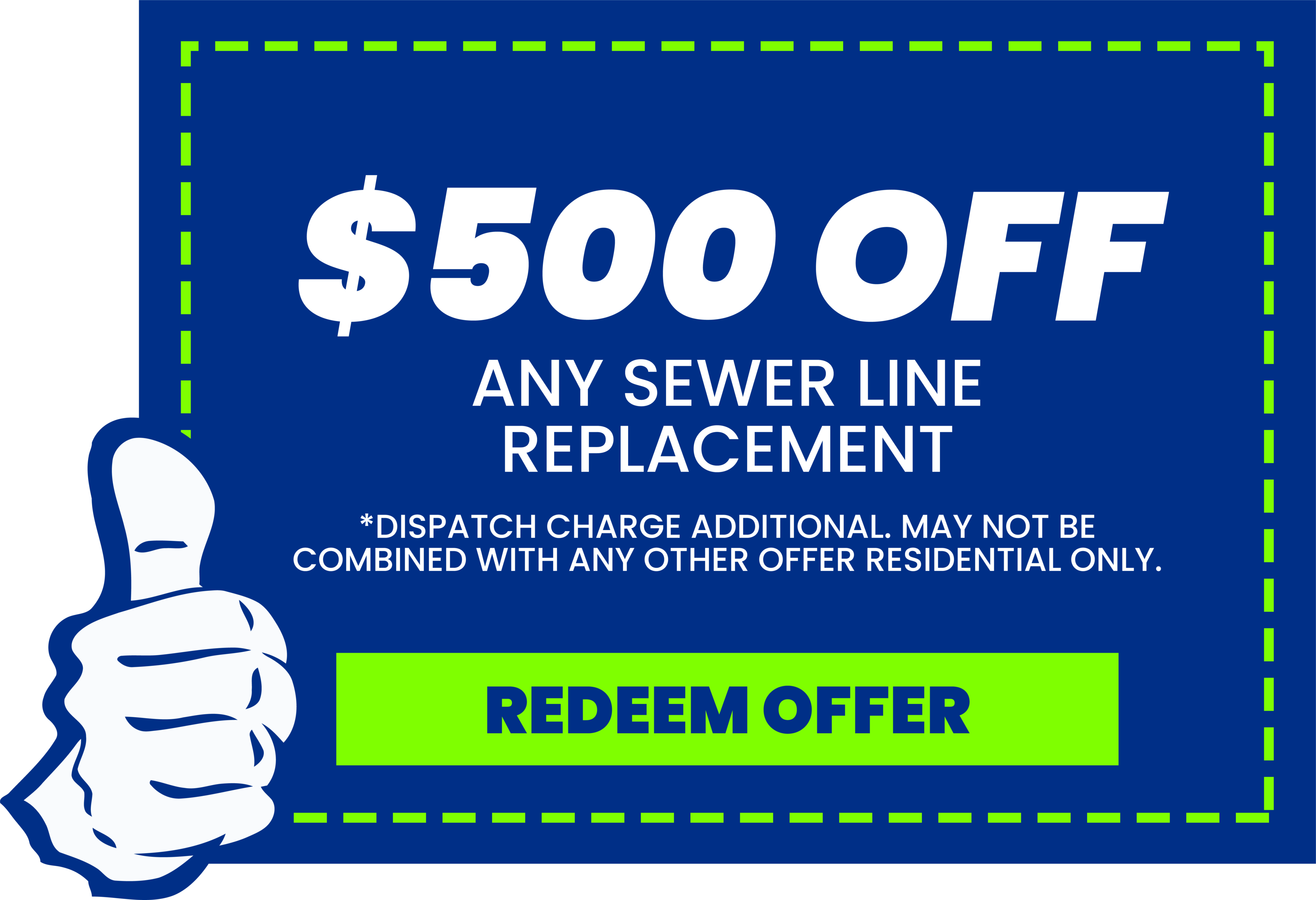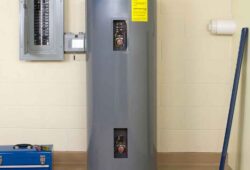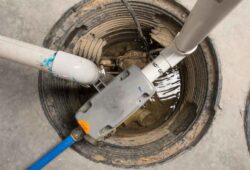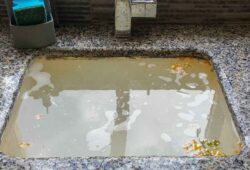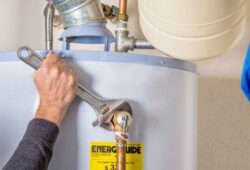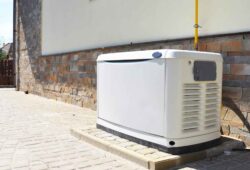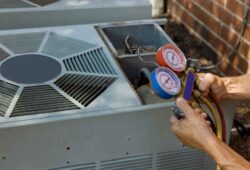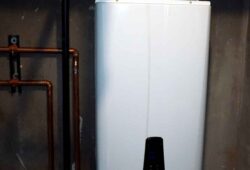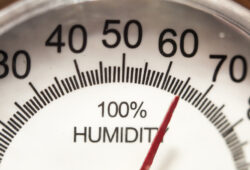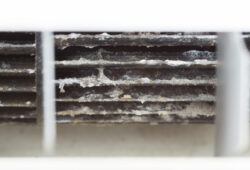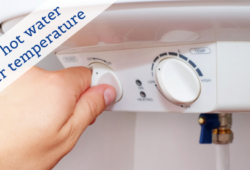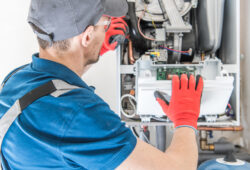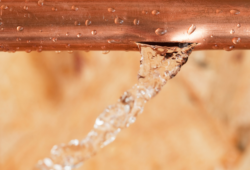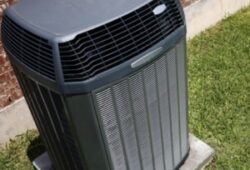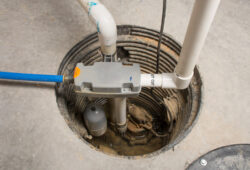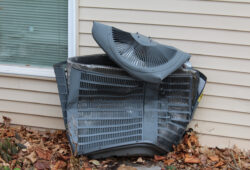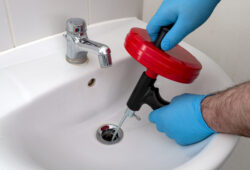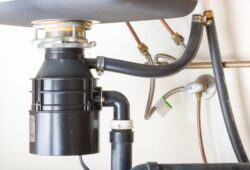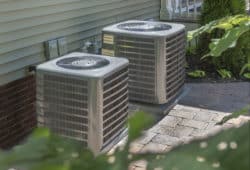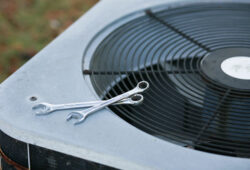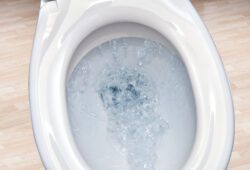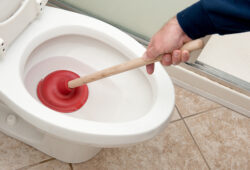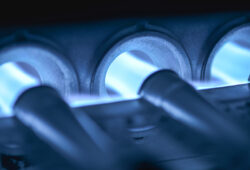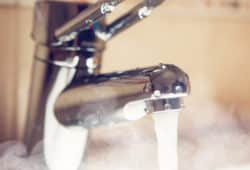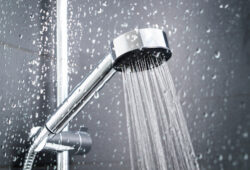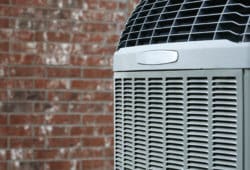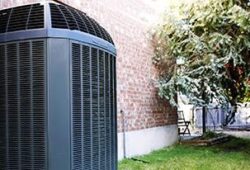Having reliable access to hot water is essential for any home in Charleston. From morning showers to nightly cleanups, a water heater is a crucial appliance in any household. However, like all appliances, water heaters have a limited lifespan. Understanding how long water heaters last can help you avoid inconvenient breakdowns, anticipate replacement needs, and keep your water heating system functioning efficiently. This guide will explore the average lifespan of water heaters, factors influencing longevity, and signs it may be time for repair or replacement.
Average Water Heater Lifespan
The lifespan of a water heater varies depending on the type of unit, maintenance routine, and water quality. On average, a traditional tank-style water heater lasts between 8 and 12 years. Tankless water heaters, on the other hand, can last up to 20 years due to their design, which heats water only on demand rather than storing it. Heat pump water heaters generally have a lifespan between the two, around 10 to 15 years.
Factors Affecting Water Heater Lifespan
Several factors can impact how long your water heater lasts, including:
Water Quality
Charleston’s water quality is a key factor in water heater longevity. Hard water, which contains high levels of minerals like calcium and magnesium, can lead to sediment buildup in tank-style water heaters. This sediment settles at the bottom of the tank and causes it to overheat, increasing wear and tear. Sediment buildup can decrease water heater efficiency and contribute to premature aging.
Regular Water Heater Maintenance
One of the most effective ways to extend your water heater lifespan is through regular water heater maintenance. Annual tank flushing helps clear out sediment, while routine inspections ensure that components like the anode rod, which prevents rust, are in good condition. A well-maintained water heater can last several years beyond its expected lifespan.
Type of Water Heater
Different types of water heaters have different lifespans. Tank-style water heaters typically last around 10 years, while tankless models can last up to 20 years. Tankless water heaters tend to have longer lifespans because they do not store water, reducing the risk of corrosion and sediment buildup.
Water Heater Usage
Higher hot water demands can reduce a water heater’s lifespan, especially in households where multiple appliances and fixtures use hot water simultaneously. The more frequently the water heater operates, the more wear and tear it undergoes. Charleston’s warmer climate can also add stress to water heaters, especially during peak summer months.
Common Signs Your Water Heater May Need Replacement
Even with consistent maintenance, all water heaters eventually need to be replaced. Here are some common signs that your water heater may be approaching the end of its lifespan:
- Rusty Water: If you notice rust or discoloration in your hot water, it could indicate corrosion inside the tank. While rust doesn’t always mean immediate replacement, it’s a sign that your water heater is wearing out.
- Inconsistent Water Temperature: A reliable water heater should consistently deliver hot water. If your water temperature fluctuates or you’re getting more lukewarm water than hot, it may be a sign of a failing water heater.
- Rising Energy Bills: As a water heater ages, it becomes less efficient, which can lead to higher utility bills. If you notice an unexplained increase in your energy costs, it may be time to consider a replacement.
- Frequent Water Heater Repair Needs: Constant repairs are often a sign that a water heater is reaching the end of its useful life. While occasional repairs are normal, frequent service calls can add up and make replacement a more cost-effective option.
The Benefits of Upgrading Your Water Heater
Replacing an old water heater with a new, energy-efficient model can provide several benefits for Charleston homeowners:
- Lower Energy Costs: New water heaters are designed to operate more efficiently, which can help reduce your monthly utility costs. Upgrading to a tankless or energy-efficient unit can be especially beneficial.
- Reliable Hot Water Supply: A new water heater means reliable access to hot water without the interruptions that come with aging units. This ensures consistent performance during daily activities.
- Reduced Maintenance Needs: Older water heaters may require frequent repairs, which can add up over time. A new water heater will typically require fewer repairs, saving you time and money in the long run.
Importance of Professional Water Heater Maintenance
Professional water heater maintenance is essential to extending the lifespan of your unit. At Preferred Home Services, we offer comprehensive maintenance plans that include tank flushing, part inspections, and system diagnostics to ensure your water heater remains in top condition. Regular maintenance can address minor issues before they become major problems, helping you get the most out of your water heater.
When to Call for Water Heater Repair in Charleston
If you notice any of the warning signs mentioned above, it’s best to consult a professional plumber for an inspection. Addressing issues promptly can prevent more serious problems down the line, including leaks and system breakdowns. Additionally, replacing an outdated water heater with a new, efficient model can save Charleston homeowners on energy costs and provide peace of mind.
Contact Preferred Home Services for Water Heater Repair and Replacement in Charleston
If you’re wondering, “How long do water heaters last?” or suspect it may be time for a new unit, the team at Preferred Home Services is here to help. Contact Preferred Home Services today for all your water heater repair and maintenance needs in Charleston!














